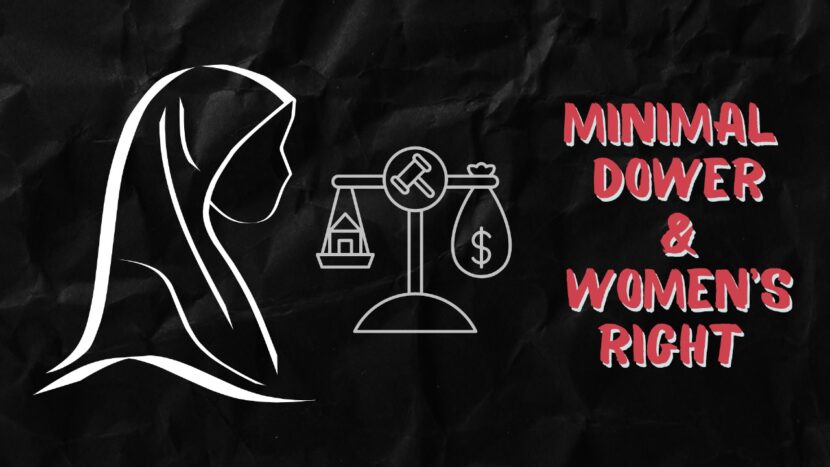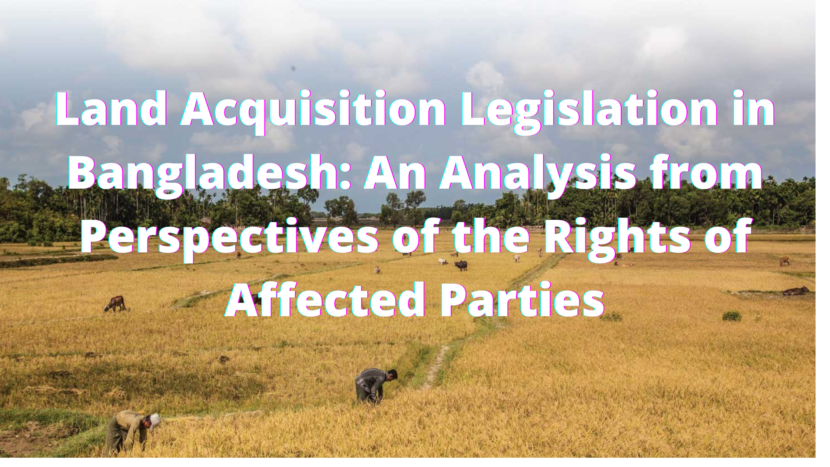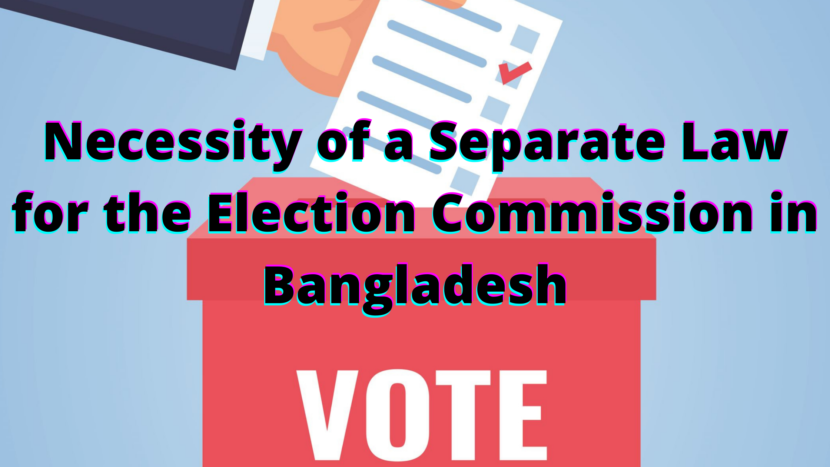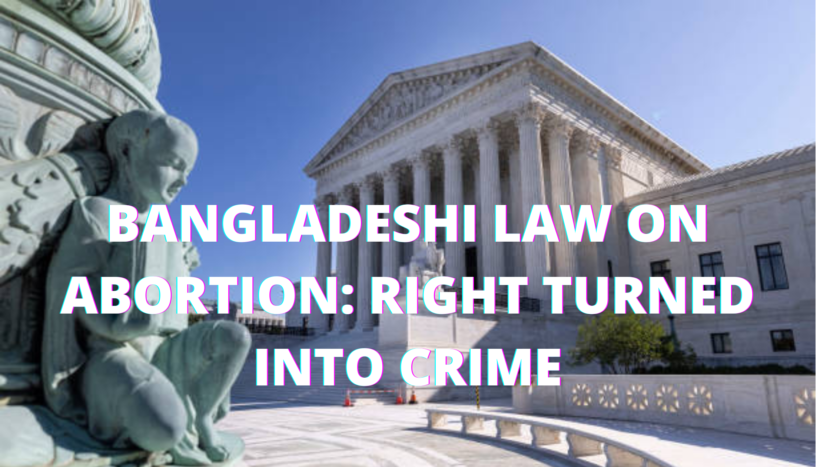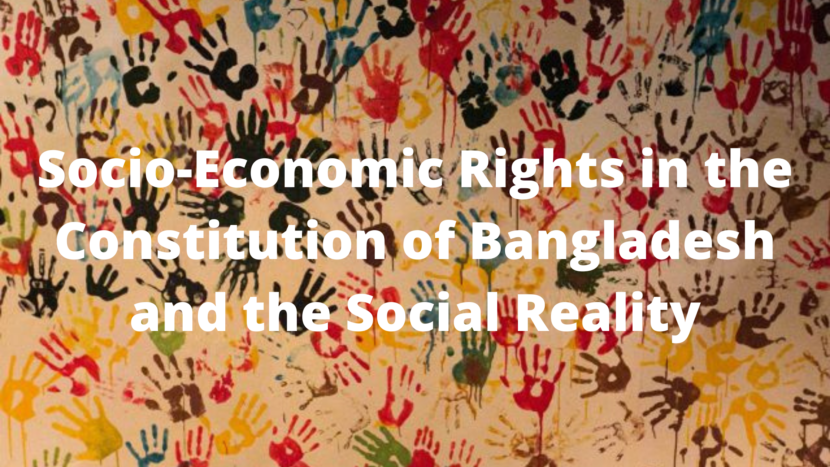Category: Recent Blogs
Internet Trolling in the Eyes of Law: The Emergence of Legal Framework
12 ViewsInternet bullying, or cyber trolling, refers to an offensive or provocative post about someone with the intent of upsetting them. Internet trolling is usually carried out through social media, i.e., Facebook, Twitter, Instagram, etc. It is usually done as a medium of sadistic amusement in virtual media. Recently, it has become very popular, as […]
Land Acquisition Legislation in Bangladesh: An Analysis from Perspectives of the Rights of Affected Parties
1,427 ViewsAbstract: Land acquisition is a certain procedure conducted under existing land acquisition legislations in Bangladesh for various developmental projects. Although this procedure is undertaken for public purpose, in real scenario the existing laws do not always favor the affected parties, rather emphasize the eminent domain power of the State. This paper highlights on the […]
Deficiency Regarding E-waste Management in Bangladesh
705 ViewsIntroduction: We are in an era where massive technological developments are changing our lives everyday. Our country has achieved a new status of developing country by UN after a lot of struggles. From 1971 to 2022, we have taken a lot of initiative for our development but still we failed to control the proper […]
Necessity of a Separate Law for the Election Commission in Bangladesh
837 ViewsIn a democratic state, good governance depends on the electoral system of the country. Without a transparent and participatory election, democracy can not be ensured, resulting in severe violations of basic human rights and increased corruption. Moreover, the abuse of power by law enforceable agency and the independence of the judiciary begins to erode, […]
Right to Abortion: Fighting an Age-old Law
1,180 ViewsIn Bangladesh, according to the Penal Code 1860, abortion is banned unless it is performed to save a woman’s life. Bangladesh does not recognize ‘abortion’ as a right rather considers it as a crime under the guise of ‘miscarriage’. According to section 312 of the Penal Code 1860, whoever voluntarily causes a pregnant woman […]
BANGLADESHI LAW ON ABORTION: RIGHT TURNED INTO CRIME
754 ViewsAbortion is one of those ancient legal debates which are still unsolved. However, as the Supreme Court of USA is soon to decide the fate of the historical Roe v Wade (1973) case decision, the media attention worldwide is again focused to this matter. However, this article mainly intents to briefly look into the […]
Air Pollution of Dhaka: A Consequence of Centralization
988 ViewsClean air is among nature’s most precious gifts, without which humankind would perish on the planet. However, air pollution is a serious concern.[i] Today, air pollution is slowly harming humanity all across the world, particularly in urban areas.[ii] Bangladesh has been plagued by elevated levels of particulate matter in its air for nearly three […]
A Brief Description of Company Directors from a Historical and the Legal Perspective of Bangladesh
1,246 ViewsINTRODUCTION Although company is regarded as a legal person yet it cannot manage itself like a natural person. Companies are managed by the directors. During the course of their duty, managers are bound to follow specific rules regulations and perform specific duties. A company’s progress greatly depends on how efficiently the directors are handling […]
Socio-Economic Rights in the Constitution of Bangladesh and the Social Reality
1,230 ViewsSince the late 19th century, socio-economic rights which are also called ‘second-generation rights’ started taking place in the constitutions of different countries worldwide. After World War II, international law started recognizing these rights. The Universal Declaration of Human Rights (UDHR) and International Covenant on Economic, Social and Cultural Rights (ICESCR) were adopted in 1948 […]

